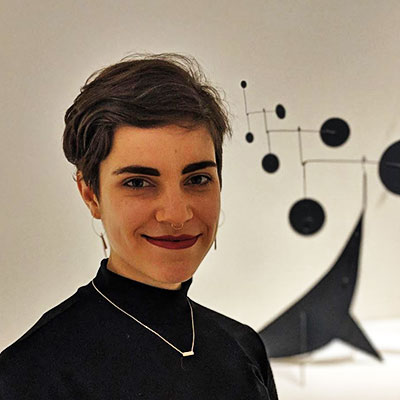Schedule
| Track A | Track B | |
|---|---|---|
| 9:30 | Welcoming Keynote – Mike Paciello | |
| 10:00 | What is Accessibility & Why Does It Matter? – Ashleigh Lodge | You talkin' to me? – Léonie Watson |
| 11:00 | Mapping Barriers in VR – Jamie Knight | Skinner boxes and social contracts – Adrian Petterson |
| 12:00 | Lunch | |
| 1:00 | Designing with Diversity – Linn Vizard & Ben Kim | Making Sense with AI – Eyra Abraham |
| 2:00 | fAuLT TEXT – Henri Helvetica | Fostering inclusion with docs – Nicola Yap |
Welcoming Keynote
Long ago, in a break-with paradigm shift far, far away, there was a man with a vision: To move traditional accessibility and disability conferences to the Web so that everyone, everywhere could attend and participate. This presentation talks about that vision, it’s history and, more importantly, the fundamental challenge of embracing vision and risk to achieve pervasive accessibility.
Mike Paciello

Mike is the Founding Partner of The Paciello Group. He has been in the accessibility business since the mid-80's, both as a usability and accessibility engineer. In 2006, along with his friend and colleague Jim Tobias, he was appointed co-chair to the United States Federal Access Board's Telecommunications and Electronic and Information Technology Advisory Committee (TEITAC). In years past he has been involved in several well known accessibility ventures including ICADD, WAI, and WebABLE (his first official web site and start-up). Most recently, together with TVworldwide.com, he launched a new internet channel, WebABLE.tv, dedicated to building greater awareness about technology and people with disabilities.
Fostering inclusion with docs
Docs are an essential part of developing and working with technology. Yet good documentation, let alone good accessible documentation, is hard to find. In fact, missing or inaccurate docs are a leading obstacle for developers, impede team productivity, and deter underrepresented groups from contributing to open source projects. And as long as doc work is perceived as low-status, thankless work, this problem is unlikely to change.
But turning this problem around, we have an opportunity. We can create more diverse and stronger development teams by fostering doc culture and educating authors on the fundamentals of clear writing. Learn about efforts by Google and the wider doc community to build doc culture, improve docs in open source, and help developers to create better documentation.
Nicola Yap
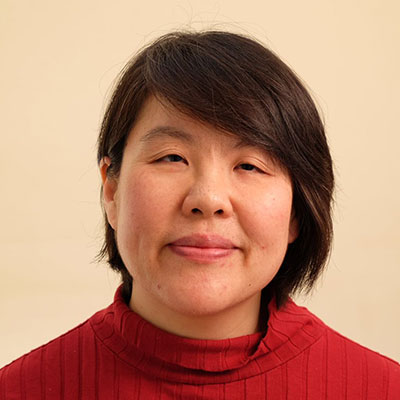
Nicola is a technical writer in Toronto with over 20 years of experience in the tech industry. She currently works for Google Cloud.
Nicola volunteered with the Inclusive Design Research Centre in its early years and has remained interested in advocating for accessibility, and improving doc accessibility across the tech industry. She's an active member of the local Write the Docs community, speaking at meetups and sharing doc opportunities
Mapping Barriers in VR
Talk description coming soon...
Jamie Knight
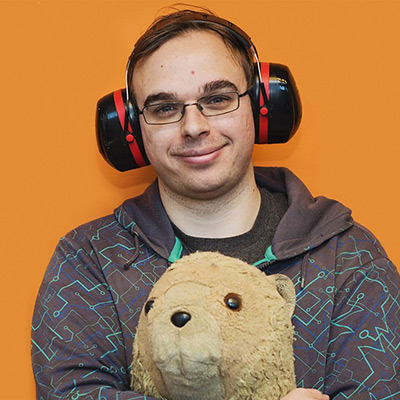
Jamie and Lion are an autistic duo who live in Romford. They are not very good at writing third party bios and are a bit shy. If asked they would tell you about their work. Almost 10 years at the BBC working on everything from iPlayer Radio to children’s gaming.
What is Accessibility & Why Does It Matter?
Do you know what accessibility is & why it's critical for 20%+ of your users? Have you ever heard of WCAG, POUR or ARIA? Accessibility should be a key element of our processes, but many people haven't even heard of it. In this introductory session you'll learn about assistive devices & technologies, accessibility standards & tools, and come away with quick & easy next steps for making your sites and applications more accessible to everyone.
Ashleigh Lodge
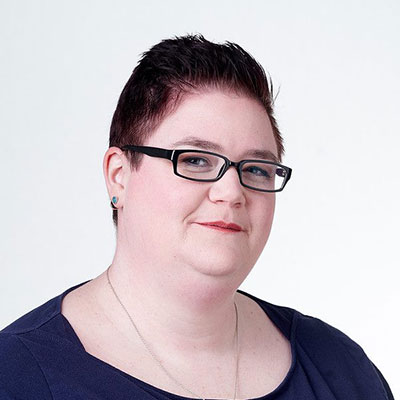
Ashleigh is the Application Development Manager at Neovation Learning Solutions in Winnipeg, Manitoba, Canada. She manages a team of over 20 developers, UX designers and QA analysts who work to maintain and grow two elearning products. Ashleigh is a vocal advocate for accessibility and inclusive design, working to make Neovation's products more accessible to users of all types and abilities. In her free time, Ashleigh consumes a truly frightening amount of pop culture media, including movies, TV shows, comic books and novels. You can usually find her with Pokémon Go open on her phone, no matter where she is or what she's (supposed to be) doing.
Designing with Diversity - How Focusing on Accessibility Helped Us Become Better Designers
As members of the TELUS Service Design team, when we were given the opportunity to focus on retail accessibility, we were nervous and excited. The experience of this project was transformative, and pushed us to become better and more inclusive designers. The lessons learned and insights gained from this work have continued to inform our approach to design, and evolved our practice.
this talk, we will tell the story of what we learned, and how we continue to apply these lessons in order to engage diverse groups in our design process.
Linn Vizard
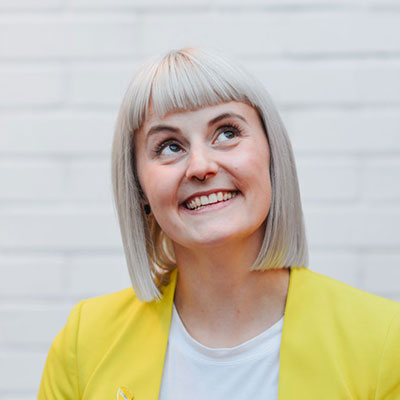
Linn is one of Canada’s leading advocates of service design, and co-founded Service Design Toronto in 2013. She is an independent designer based in Toronto. She’s written for Touchpoint, the journal for service design professionals, as well as Adobe, on design. Linn has spoken around the world at events like Interaction (the IxDA conference), Adaptive Path's Service Experience Conference and the Global SDN Conference. Linn loves teaching and mentoring the next generation of designers. She loves glitter, dancing, and cats, and lifting very heavy things.
Ben Kim
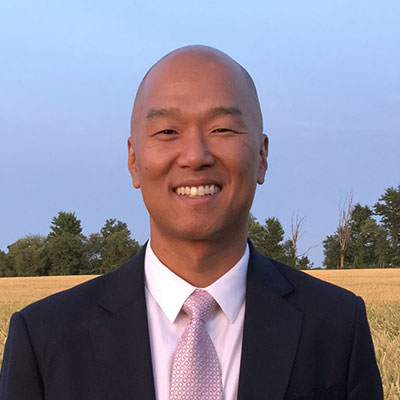
As a Manager of Service Design and Strategy at TELUS, Ben leads a team of service designers that assists other product owners and teams develop great end-to-end journeys for its customers. Ben also has a lean six sigma background and previously as a product manager, he was responsible for launching several industry leading customer programs. His continuous improvement mindset and the desire to innovate have been recurring themes in his career that has been all about the customer experience.
Making Sense with AI
We live in a society that uses sound to communicate information by default. This is a huge barrier for people with hearing loss. One incident commonly shared among the d/Deaf & hard of hearing community set Eyra Abraham, founder of Lisnen, on a path to find a solution. This presentation will highlight how Eyra came to discover a solution to the problem by applying artificial intelligence (AI) and explores the impact beyond hearing loss.
Eyra Abraham
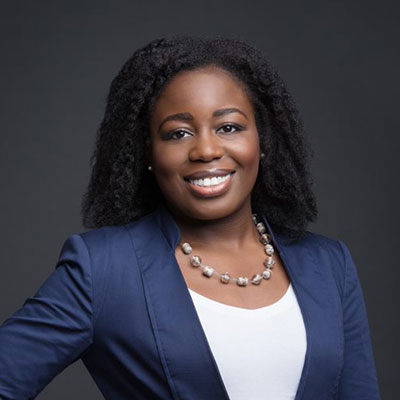
Eyra Abraham is a Founder/CEO of Lisnen, a Toronto-based startup, Lisnen, which develops technology for the d/Deaf and hard of hearing. Eyra graduated from McGill University with a Bachelor of Science in Computer Science. She pivoted her career into marketing and communications, but her love for technology and innovation drew her back to founding her company, which has a mission to empower people to overcome challenges.
fAuLT TEXT: The Modern Challenge Of Working With ALT TEXT
Billions of pictures are uploaded daily to sites and social networks. They are the life and blood of the web, and are the most prevalent resources on a page. However, in a study on accessibility, 70% of sites had missing or inaccurate alternative text. This all too important detail has sadly been left off the required checklist, degrading the user experience for many. In light, solutions around automation of this task have come into play, with much of it revolving around artificial intelligence, machine learning and computer vision. In fact, browser vendors and social media platforms are beginning to automated image description. However, that has also come with its own challenges.
fAuLT TEXT: The Modern Challenge Of Working With ALT TEXT is a talk about alternative text, the importance of providing this information, the hurdles that have come in its processing, and though rooted in a good place - how automation isn't a true answer.
Henri Helvetica
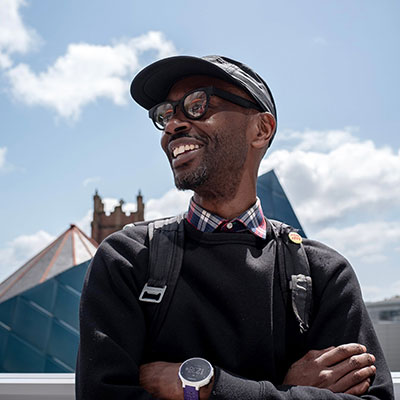
Henri is a freelance developer who has turned his interests to a passionate mix of site performance engineering and pinches of user experience. When not reading the deluge of daily research docs and case studies, or indiscriminately auditing sites in devtools, Henri can be found contributing back to the community: Toronto Web Performance Group meetup + SPOTLIGHT: PERFORMANCE conference co-organizer, curating performance content for conferences or volunteering his time for lunch and learns at various bootcamps. Additionally, you can find him speaking at conferences, and touching base w/ the community - all with a radiant smile. Otherwise, he’s focusing on running the fastest 5k possible (surprise surprise).
You talkin' to me?
We've been talking with technology for longer than you might think, but despite increasing conversational sophistication, relatively few ways exist to help us make artificial speech sound human.
Find out how to use Speech Synthesis Markup Language (SSML) with the Amazon Echo or Google Home, and the Web Speech API in the browser; how the CSS Speech module might be useful (if only it were more widely supported); and how we might be able to solve some problems by making things talk.
Léonie Watson
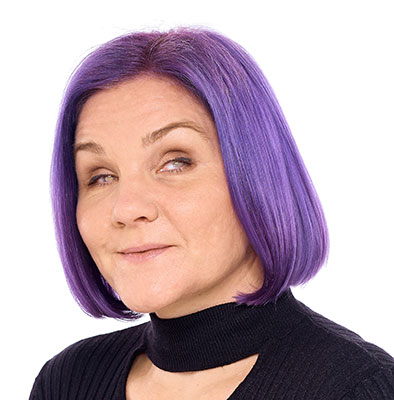
Léonie is Director of TetraLogical; a member of the W3C Advisory Board; co-Chair of the W3C Web Applications Working Group; and a member of the Accelerated Mobile Pages (AMP) Advisory Committee.
Amongst other things, Léonie is co-organiser of the Inclusive Design 24 (#id24) conference; co-author of the Inclusive Design Principles; and mentor to young people interested in the fields of accessibility and inclusive design. She is also a Microsoft Most Valued Professional (MVP).
Léonie is often found at conferences, talking about web standards, accessibility mechanics, and pushing the boundaries of inclusive design (with existing technologies like SVG, HTML, ARIA, and JavaScript, as well as new technologies like AI and WebVR). She has also written about these things for Smashing magazine, SitePoint.com, and Net magazine, as well as on her own site Tink.UK.
In her spare time, Léonie likes reading, cooking, drinking tequila, and dancing (although not necessarily in that order).
